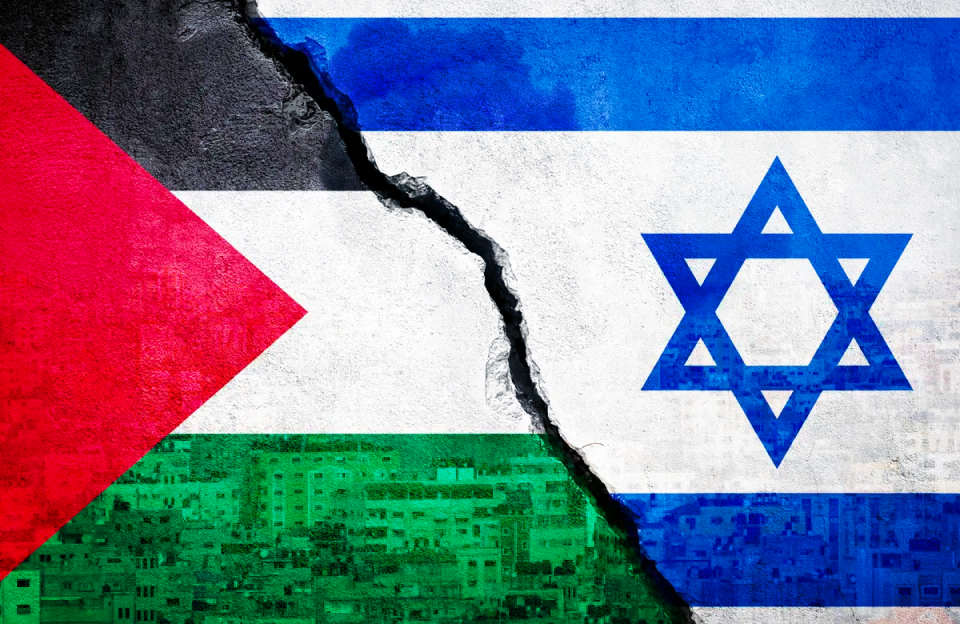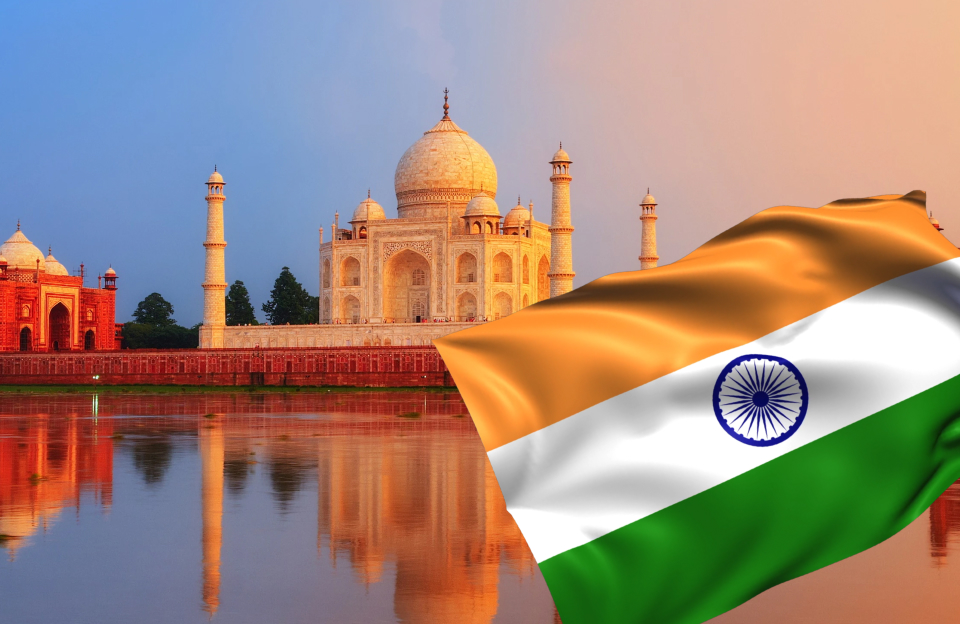The Israel-Palestine conflict is a long-standing and deeply rooted political and territorial dispute between Israelis and Palestinians. It has its origins in the late 19th and early 20th centuries, with the rise of national movements among the Jews and among the Arabs, both of whom had aspirations to the same piece of land.
Historical Background:
- Late 1800s: The Zionist movement, which sought a homeland for the Jewish people in Palestine, began to gain momentum.
- 1917: The Balfour Declaration by the British government expressed support for the establishment of a “national home for the Jewish people” in Palestine.
- 1947: The United Nations proposed a partition plan to divide Palestine into separate Jewish and Arab states, with Jerusalem as an international city. The Jews accepted the plan, but the Arab states and Palestinians rejected it.
- 1948: The State of Israel was declared, and neighboring Arab states invaded. The war that followed is known as the 1948 Arab-Israeli War or the War of Independence. Israel emerged victorious, but the war resulted in the displacement of a large number of Palestinian Arabs.
- 1967: The Six-Day War saw Israel capture the West Bank, Gaza Strip, Sinai Peninsula, and Golan Heights. The war significantly changed the map of the Middle East and set the stage for future conflicts.
- 1973: The Yom Kippur War was fought between Israel and a coalition of Arab states led by Egypt and Syria.
- 1990s: The Oslo Accords were signed, which were a series of agreements between Israel and the Palestine Liberation Organization (PLO). The accords marked the start of a peace process, but it has been fraught with challenges.
Key Issues:
- Territory: The main territorial disputes are over the West Bank, Gaza Strip, and East Jerusalem.
- Refugees: The Palestinian refugee issue remains unresolved, with millions of Palestinians living in refugee camps in neighboring Arab countries.
- Jerusalem: Both Israelis and Palestinians claim Jerusalem as their capital.
- Settlements: Israeli settlements in the West Bank are a major point of contention.
- Security: Israel cites security concerns as a reason for its actions, while Palestinians demand an end to occupation.
Recent Developments: The conflict has seen multiple flare-ups in recent years, with clashes between Israeli forces and Palestinian groups, especially in Gaza. Efforts at peace talks have been intermittent, with both sides accusing each other of not being genuine in their intentions.
Conclusion: The Israel-Palestine conflict is complex, with deep historical, religious, and political roots. While there have been efforts to find a peaceful resolution, the path to peace remains elusive.


